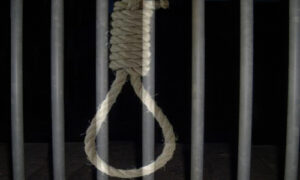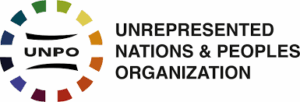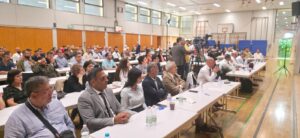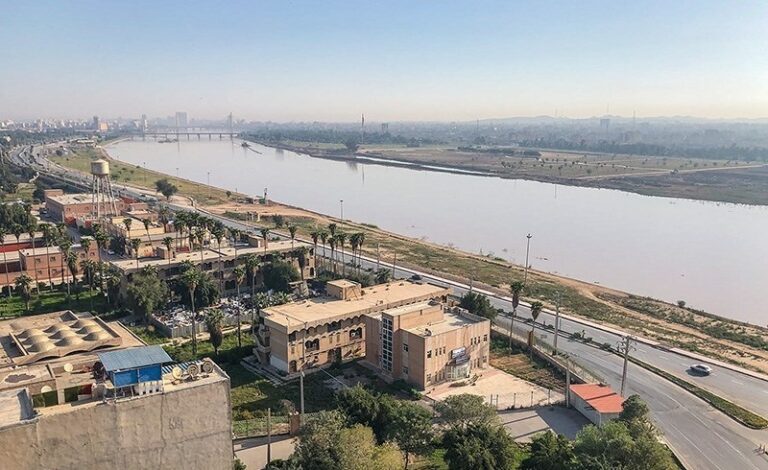This year marks the 100th anniversary of the fall of Arab rule in Ahwaz and the arrest of Sheikh Khazal al-Kaabi, the region’s last ruler. This historical event remains vivid in the collective memory of the people of Ahwaz and serves as a reminder of their era of autonomy and distinct cultural identity. While this anniversary holds great symbolic significance for the people of Ahwaz, Iranian authorities have intensified security measures and imposed further restrictions to suppress any activities that may contribute to reviving the region’s historical identity.
In recent weeks, arbitrary arrests, security summonses, and threats against civil activists in Ahwaz have escalated. Reports indicate that many individuals who have previously worked on cultural and political rights are now being targeted in this new wave of repression. Activists and former political prisoners have been pressured to withdraw from social and political activities. Some have reported being subjected to threats and harassment, with demands that they remain silent about government policies.
In addition to the security crackdown, cultural pressures have also increased. Restrictions on Arabic-language education, the suppression of cultural events, and limitations on local traditions are part of broader policies aimed at erasing the region’s historical identity. Many analysts view these actions as a gradual attempt to eliminate the cultural and linguistic heritage of the people of Ahwaz, exacerbating their sense of marginalization and discrimination. Despite the increasing pressure, the people of Ahwaz continue to assert their right to justice, freedom, and the preservation of their cultural identity.
Human rights activists and international organizations have repeatedly called for greater global attention to the situation in Ahwaz. They emphasize that violations of the region’s fundamental rights—including the right to self-determination, freedom of expression, and the preservation of cultural identity—must be addressed at the international level. The question now is whether the international community will take a firm stand against these repressive actions or allow them to continue unchecked.
Retaj

















